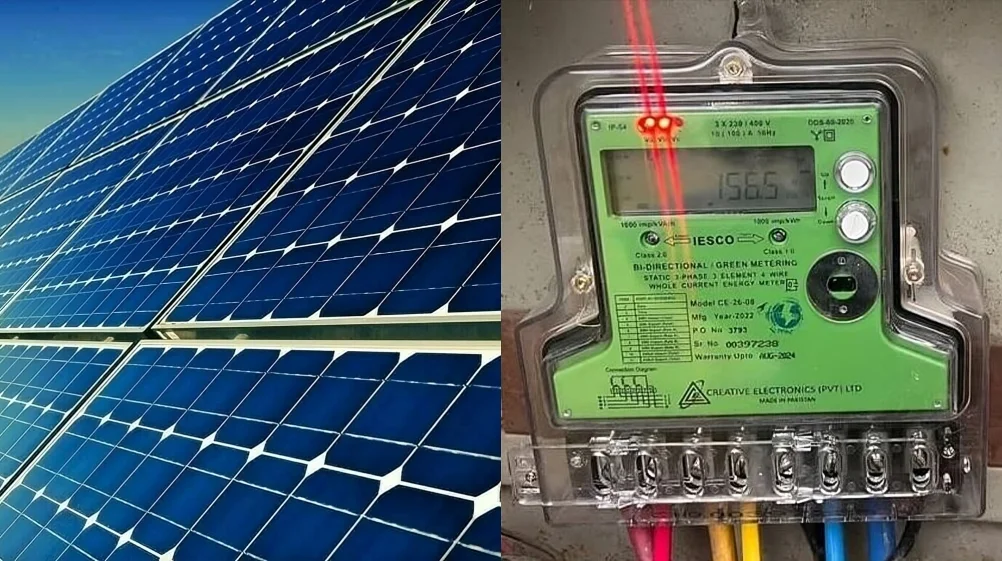In a major shift in its renewable energy strategy, the government is set to abolish the existing net metering system, replacing it with a revised solar energy policy. According to reliable sources, the new policy proposes a buyback rate of Rs. 11.30 per unit for surplus electricity sent back to the national grid by solar users.
This move marks a significant change from the earlier structure where solar consumers were credited nearly equal rates for the electricity they supplied back to the grid. Under the updated mechanism, instead of net metering, the government will now purchase the excess electricity through a gross metering system, effectively reducing the economic incentive for domestic and commercial solar panel users.
Read More: Big Changes in Solar Net Metering – Here’s What You Need to Know!
Officials argue that the shift is aimed at balancing the load on the national grid and ensuring fair cost distribution among all power users. However, the policy has sparked criticism from environmentalists and solar energy advocates, who fear this could discourage clean energy adoption in Pakistan.
The final approval is expected soon, after consultations with stakeholders and regulatory bodies. The revised policy is likely to come into effect by the end of this year.
Read More: Govt Proposes Sharp Cut in Solar Net Metering Rate
Key Highlights:
- Net metering to be replaced by gross metering.
- Govt to buy back solar power at Rs. 11.30/unit.
- Policy aims to regulate solar grid input more efficiently.
- Solar community fears drop in renewable energy investments.
This shift in policy could impact thousands of households and businesses that have invested in solar power under the assumption of long-term cost savings. The energy ministry, however, maintains that the revised system will ensure grid stability and sustainable growth of the power sector.









